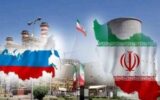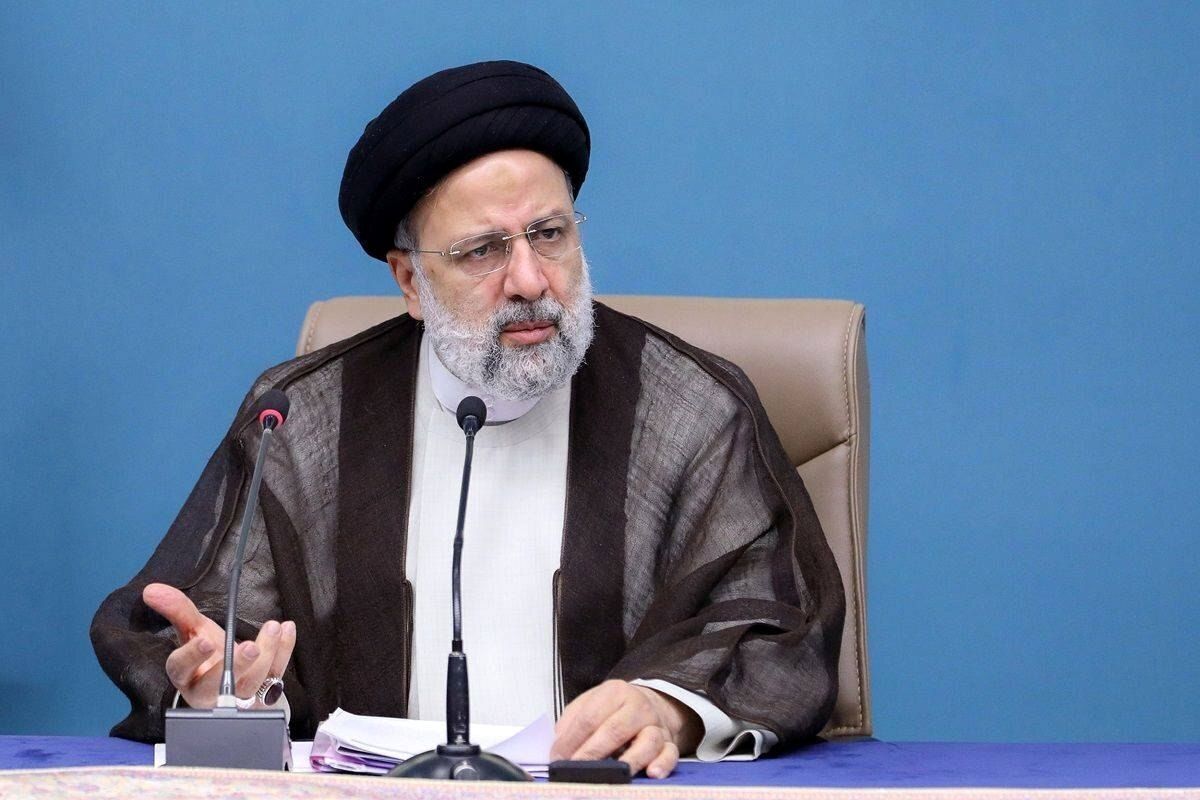
100,000 barrels increase in oil production in the oil-rich areas of the south; a big step towards the Seventh Plan
Within this framework, the southern oil-rich regions, by simultaneously focusing on maintaining production, developing fields, improving operational readiness, and increasing the resilience of facilities, were able to increase the average daily crude oil production by about 100,000 barrels in the operational scope of the Karun, Marun, Aghajari, Masjed Soliman, and Gachsaran oil and gas exploitation companies, while compensating for the natural decline in reservoirs; an increase that was the result of a series of field, technical, and managerial measures and highlights the decisive role of this company in the sustainable supply of energy to the country.

The 19th Joint Commission on Economic Cooperation between Iran and Russia is an important opportunity to deepen strategic relations between Tehran and Moscow
The Minister of Oil considered the 19th meeting of the Iran-Russia Joint Commission an important opportunity to deepen strategic relations between Tehran and Moscow and emphasized: Strengthening economic cooperation between Iran and Russia can play an effective role in enhancing the economic capabilities of the two countries and forming an order based on common interests.

Saving $1 billion in oil and gas imports by properly managing consumption
The CEO of the National Iranian Oil Refining and Distribution Company announced a 4% decrease in oil and gas consumption in 1404 (2025). He said: Last year, one billion dollars was spent on importing oil and gas into the country, but this year passed without any imports.
آخرین اخبار

New gas pricing system aims to support low-consumption consumers and achieve subsidy justice

Gas consumption pattern correction to be applied to subscribers’ bills from mid-November

Petrochemical Investment Manager: Capital Market Can Become the Financing Engine for Petrochemical Projects

Untold secrets of the Crescent case: Billions in fees for Iranian lawyers in exchange for an offer of 8 Emirati cents

Localization of technical knowledge for casting 42-inch centrifugal pumps in the oil industry

Tavakoli: $42 billion investment is projected for the gas industry

Iran is the world’s third largest gas producer, but it is one of the worst consumers

20-ring increase in completed oil wells in one year

Arak Machine Manufacturing Board Resigns Over Petrochemical Project





